Curtis S. Chin, Former U.S. Ambassador to Asian Development Bank
Jose B. Collazo, Southeast Asia Analyst and an Associate at RiverPeak Group
Jan 24, 2022
The winners and losers of the last year tell a story of turbulence and change in a year that saw the world make it through 12 more months of global pandemic and simmering geopolitical tensions, without resolving either issue.
Tom Watkins, President and CEO of the Economic Council of Palm Beach County, FL
Jan 18, 2022
The struggle between the U.S. and China has lost nearly all pretense of courtesy, as the Olympic Games in Beijing pull closer while American officials push themselves and their allies away. The current situation leaves little room for reconciliation without a change in attitude from government leaders.
Philip Cunningham, Independent Scholar
Dec 20, 2021
The upcoming Winter Olympics may have been an opportunity for the U.S. to make a friendly entrance to China - instead, the official boycott by White House representatives has made it the latest of barbed exchanges between the two powerful nations.
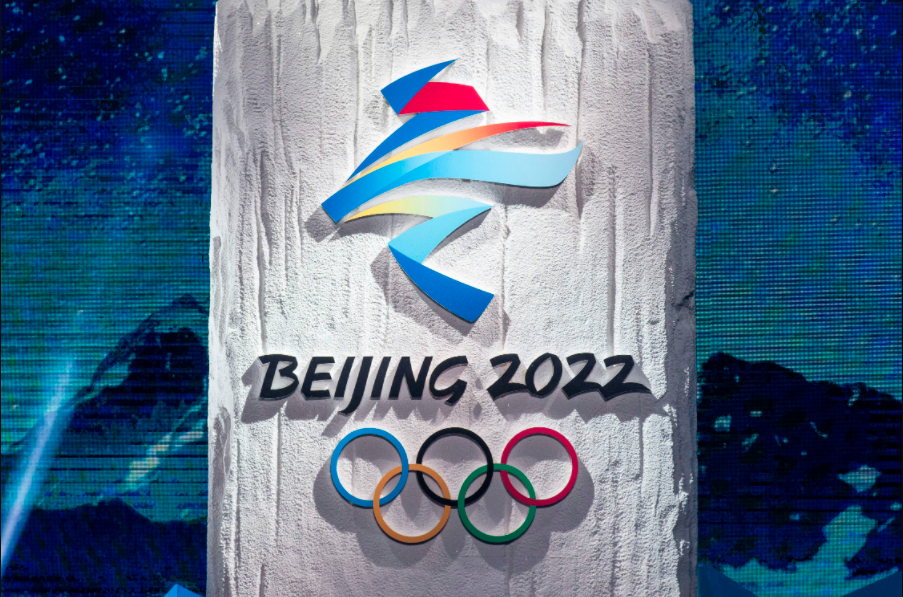
Yang Wenjing, Research Professor, Institute of American Studies, CICIR
Dec 15, 2021
Playing to his domestic audience, the U.S. president must appear tough on human rights. But this has its limits. America’s half-baked Olympic boycott applies only to diplomats, not to athletes. To do more would risk domestic and international blowback.
Brian Wong, Assistant Professor in Philosophy and Fellow at Centre on Contemporary China and the World, HKU and Rhodes Scholar
Sep 18, 2021
The 2021 Olympics was a major milestone in a world reeling from COVID. Thousands of athletes and national representatives congregated in Tokyo to demonstrate that the tensions being traded by political leaders don’t always reflect the hearts and minds of their constituents.
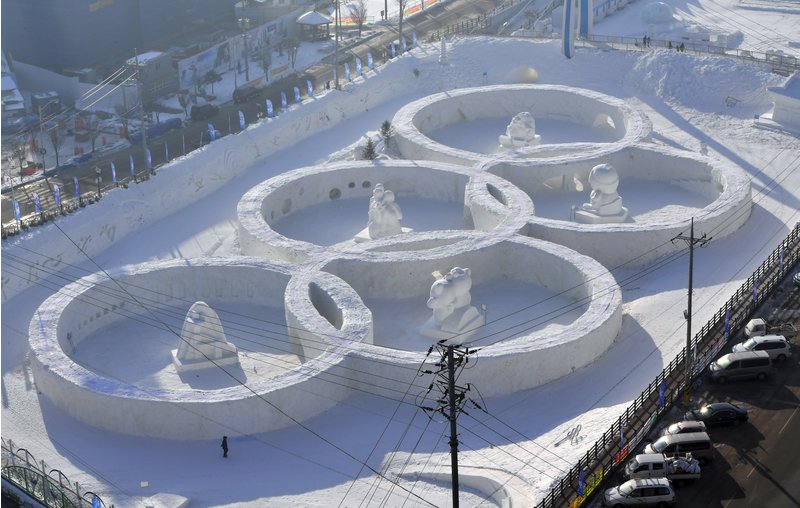
Li Daokui, Economist and Professor of economics at Tsinghua University
Aug 21, 2021
Among educated and internationally savvy Chinese, no current topic is more despised than the bickering over Chinese and American medal counts at the Tokyo Olympics. Narrow-minded nationalism holds scant interest for them, just as it does for most educated Americans – and, generally, for me. But, as an economist, I am not so dismissive toward the medal-count discussion.
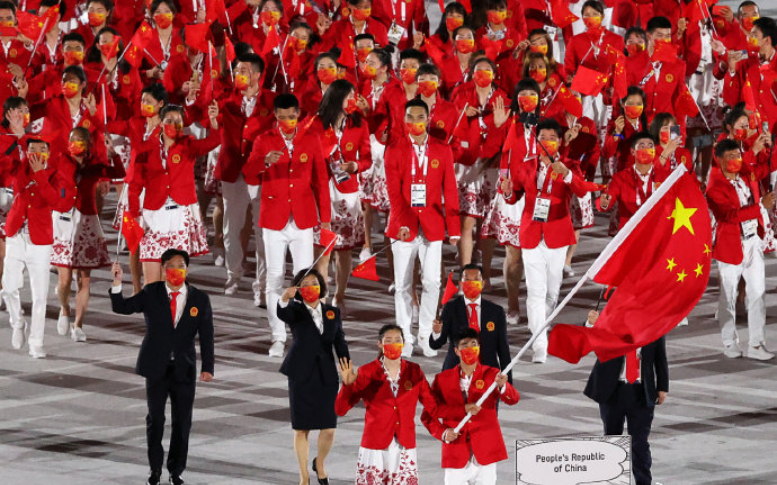
Philip Cunningham, Independent Scholar
Aug 06, 2021
The Olympics often seem to be preceded by political tension and drama; this and next year’s games in Asia are no different. Tokyo’s games got off to a rocky start, and now a group of U.S. lawmakers is calling for a boycott of the Beijing 2022 games. Will this destroy the Olympics or will the games unite us through conflict?
Zhang Yun, Associate Professor at National Niigata University in Japan, Nonresident Senior Fellow at University of Hong Kong
Dec 09, 2020
China and Japan have pledged full support for each other in presenting the 2021 Summer Olympics in Tokyo and the 2022 Winter Games in Beijing. Their cooperation will be invaluable in promoting the regional integration of Asia.
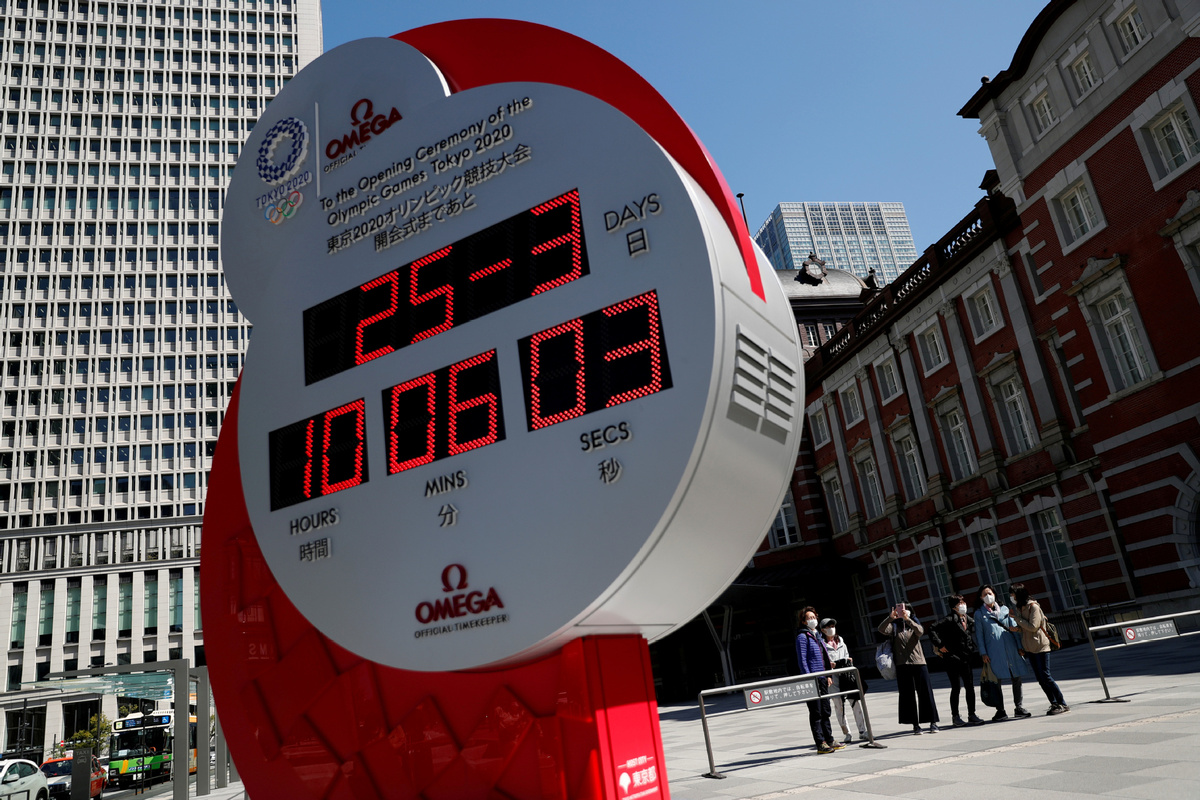
Bill Emmott, Former editor-in-chief of The Economist
Apr 07, 2020
With the global COVID-19 crisis quickly escalating, Japanese Prime Minister Shinzo Abe has had to accept a hard truth, rightly taking the initiative in telling the Diet (parliament) this week that the Tokyo Summer Olympic Games may need to be rescheduled, and ultimately reaching an agreement with the International Olympic Committee (IOC) to postpone the event until 2021.
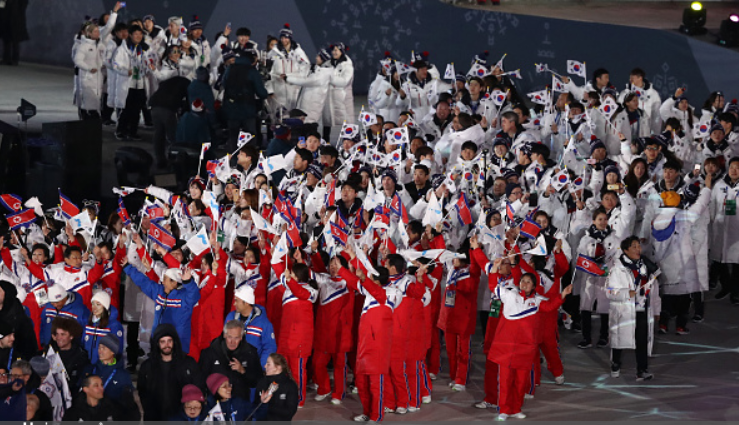
Troy Stangarone, Senior Director, Korea Economic Institute of America
Sep 26, 2018
While the prospect of a joint-Korean bid for the 2032 Olympic Games is attractive, a number of challenges could keep this proposal from becoming a reality.